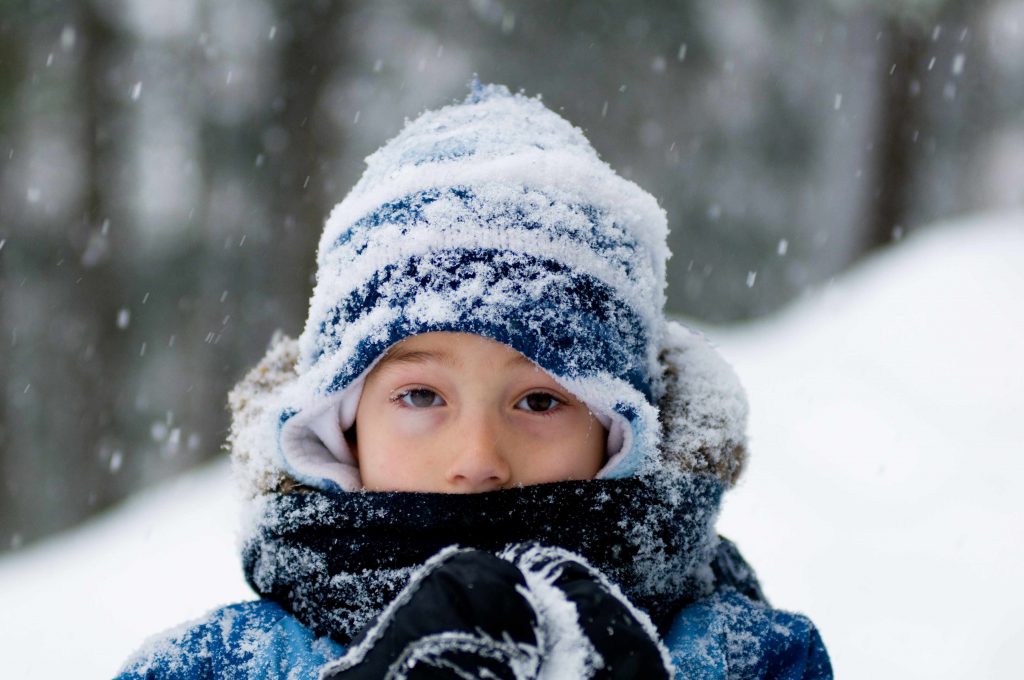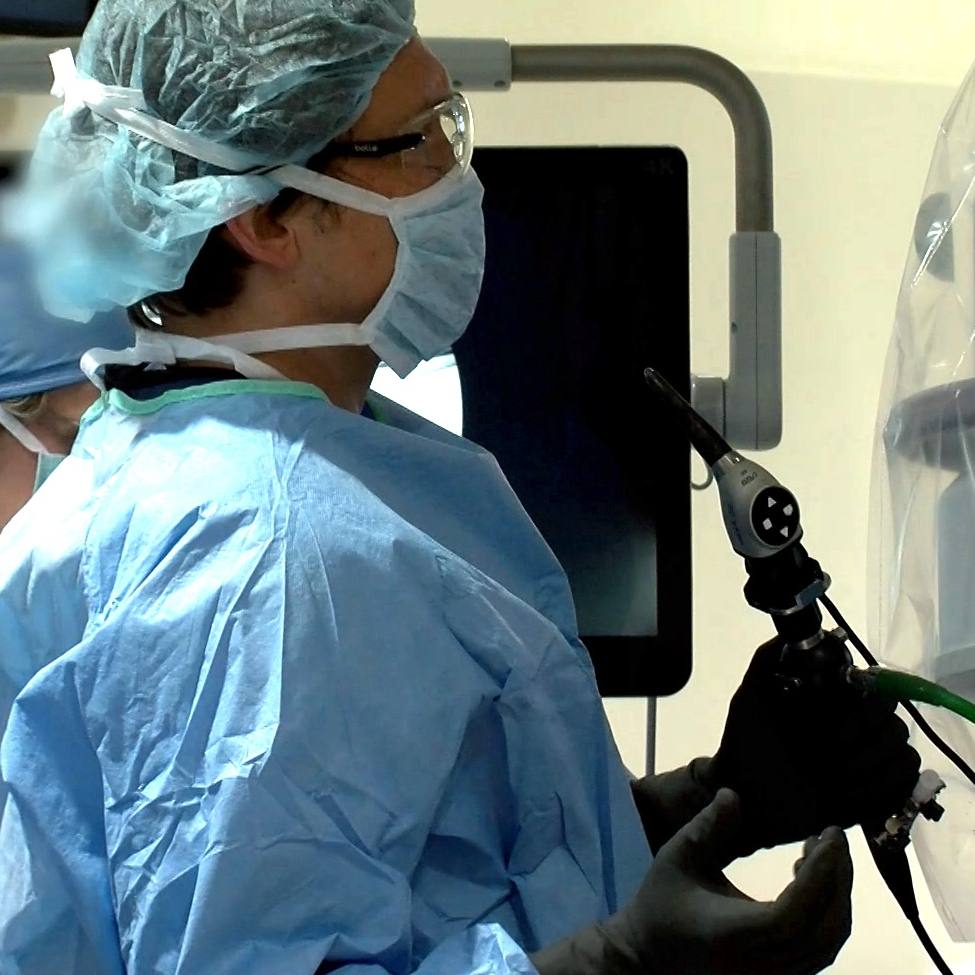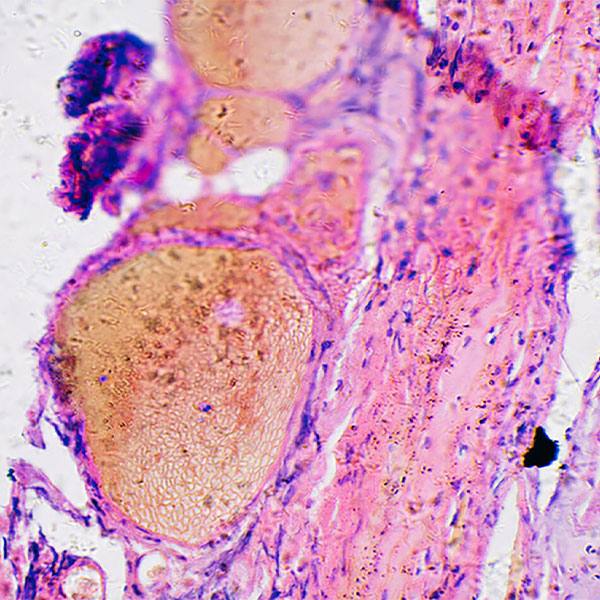 Hypothermia
Hypothermia
With frigid temperatures across much of the country recently, a simple walk outside can be dangerous if you don't take precautions. Hypothermia is a medical emergency that occurs when your body loses heat faster than it can produce it, causing a dangerously low body temperature. When your body temperature drops, your heart, nervous system and other organs can't work normally. Left untreated, hypothermia eventually can lead to complete heart and respiratory system failure, and eventually death. Read about the symptoms of hypothermia and what you can do to prevent this life-threatening condition.
***
Also in today's tips ...
Slideshow: Portion control for weight loss
Portion size matters. Research has shown that people consistently eat more food when offered larger portions. So portion control is important when you're trying to lose weight and keep it off. But judging portion sizes can be challenging. Check out this slideshow of examples of everyday objects that relate to healthy portion sizes.
How long can cold and flu germs live outside the body?
Cold and flu germs are more resilient than you may think. Learn more from Dr. James Steckelberg, a Mayo Clinic infectious diseases expert.
Numbness: When to see a health care provider
Numbness can have various causes. Most are harmless, but some can be life-threatening. Find out which symptoms mean you need to seek emergency medical care.
Is there a link between pain and depression?
Pain and depression are closely related. Depression can cause pain, and pain can cause depression. Sometimes pain and depression create a vicious cycle in which pain worsens symptoms of depression, and then the resulting depression worsens feelings of pain. Learn more from Dr. Daniel Hall-Flavin, a Mayo Clinic psychiatrist.







